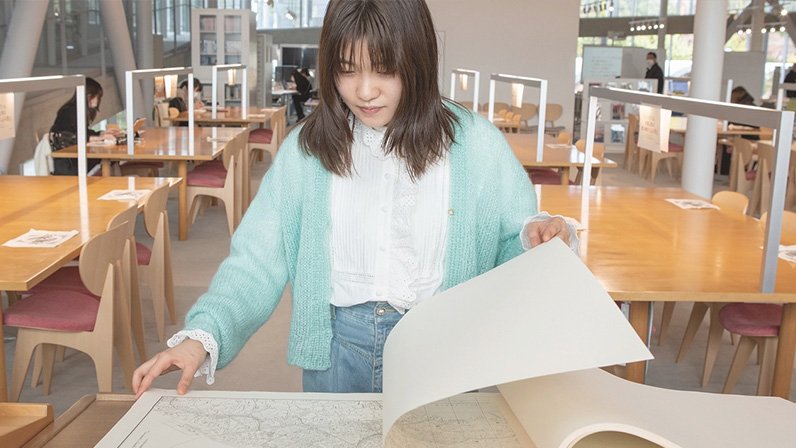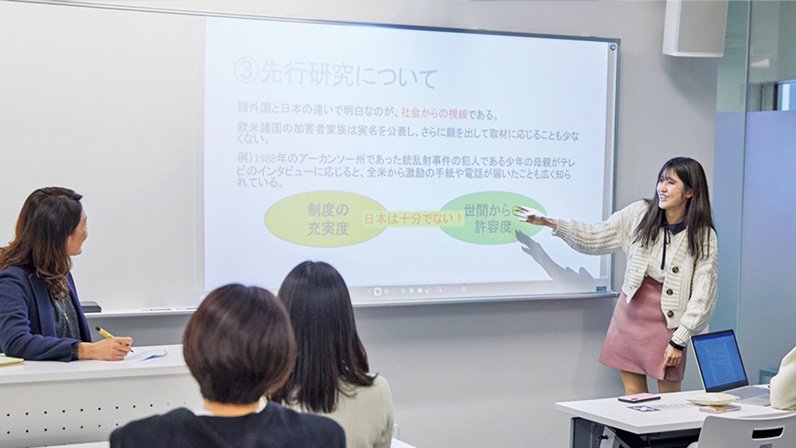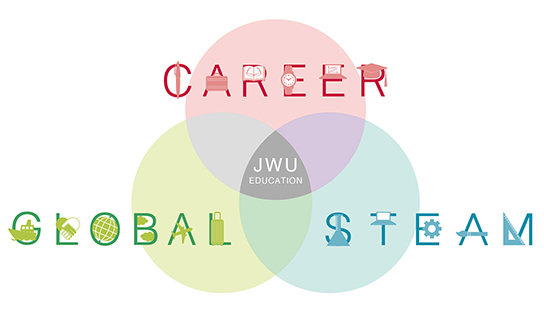To become a psychologist who can approach the mind scientifically and practically
Psychology is the discipline of the "mind" from various angles. The Department of Psychology explores a wide range of issues related to the mind in increasingly complex modern society in a multidisciplinary manner. The Department trains students to engage in basic and applied research on the functions of the mind and to acquire practical skills. It also provides sufficient educational content as a basic education for students who want to become a certified public psychologist and a certified clinical psychologist.
Features of the Department
Working on applied research based on the two pillars of psychology
Students will learn cognitive, developmental, comparative, and physiological psychology in “Psychonomics." They will also learn about family, community, and crime psychology in “Studies in Interpersonal Relations" and “Clinical Psychology," based on interpersonal psychology such as personality psychology, clinical psychology and social psychology. Through solid study of these two pillars, students will acquire a basic and scientific view of things, and will be nurtured to be individuals who can use psychology in a practical manner.
Cultivating practical skills through participatory and practical training classes
In the first and second years, students will learn the basic concepts of psychology to understand the mechanisms of the mind and how it works, as well as scientific research methods to clarify them. Students are required to participate in small-group exercises and experiments from the first year in order for students to participate in classes independently and receive detailed guidance.
High graduate school enrollment rate and professional skills in a variety of fields
Many students aim to become certified public psychologists, certified clinical psychologists or researchers based on their studies in the Department, and 15 to 20% of students go on to graduate school.
Four years of study at the Department of Psychology
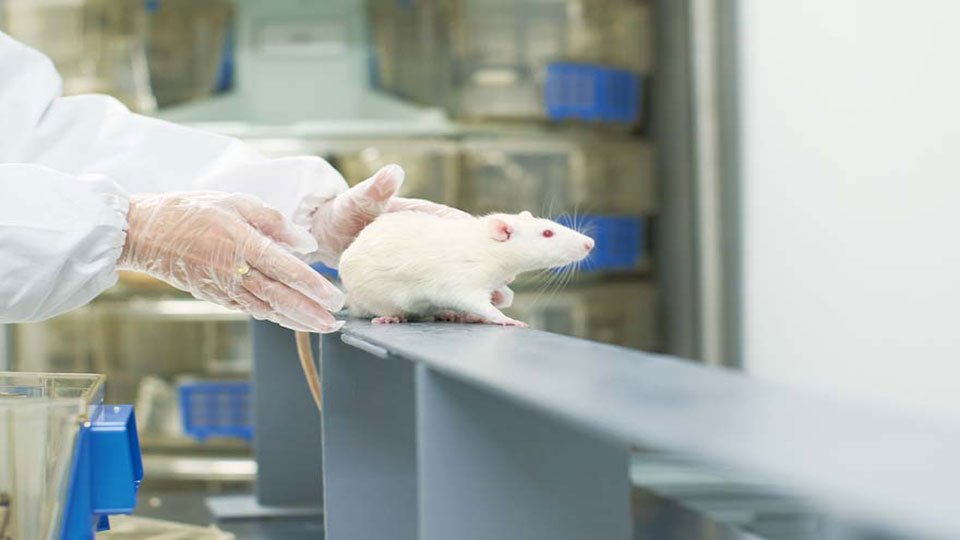
First year: Taking introductory classes to grasp the study of psychology
Classes that serve as an introduction to each field of psychology are offered to give students a concrete picture of the discipline they will study in the University.
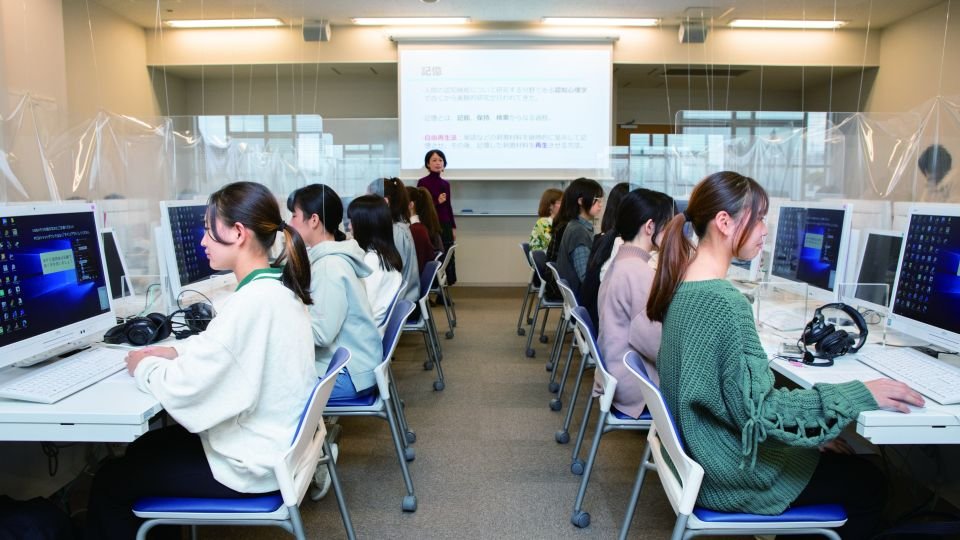
Second year: Acquiring basic skills and broadening their own interests
Lectures that serve as the foundation for specialized classes starting in the third year are provided in various fields to broaden students' interests.
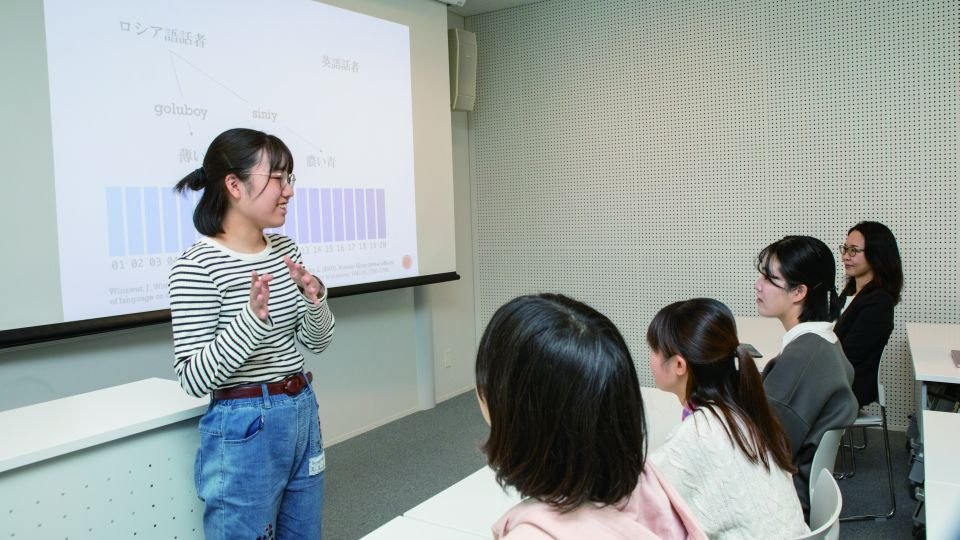
Third year: Learning psychology for practical use through experiential learning
Seminars offer a variety of experiential learning, including experiments and observations. Students will learn psychology that is useful in real-life settings such as hospitals and companies.
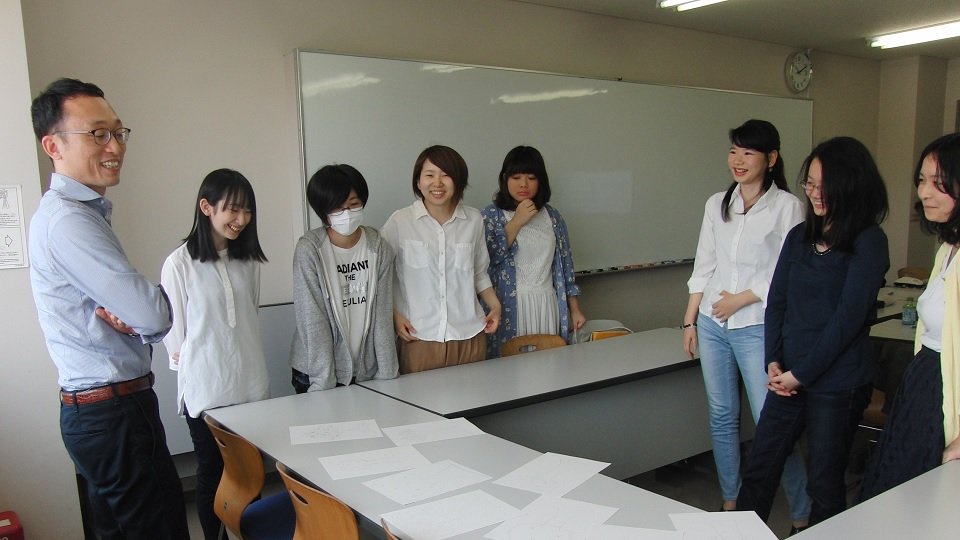
Fourth year: Finalization of research through the graduation thesis
Students are required to write a graduation thesis. In the process, they also develop an attitude as a researcher who understands academic papers and develops them into new research through critical thinking.
Class introduction
Psychological Experiments I
Students will not only acquire knowledge and research methodology, but also develop a scientific view of the human mind.

Professor
Experimental psychology, cognitive science
The Psychological Experiments I aims to provide students with hands-on experience in knowledge and research methodology related to basic psychology. In this class, students are divided into small groups to conduct experiments on perception, learning and memory, and to observe the behavior of animals such as rats and Japanese monkeys. They also learn how to compile and statistically analyze the obtained data and how to write reports based on psychology paper format, thereby acquiring the basic skills necessary for conducting a graduation research and graduation thesis.
Psychology deals with a wide range of subjects. All human behavior is subject to study. Therefore, when explaining the topics in class, I try to give familiar examples from everyday life to help students think about how our minds and behaviors are explained in psychology. I hope that, through this class, students will not only acquire knowledge and research methods, but also develop a scientific view and way of thinking about the human mind. The goal of this class is for students to grow into individuals who can understand the phenomena of basic psychology from multiple perspectives.
Faculty member introduction
Faculty members with a wide range of specialties provide education.

